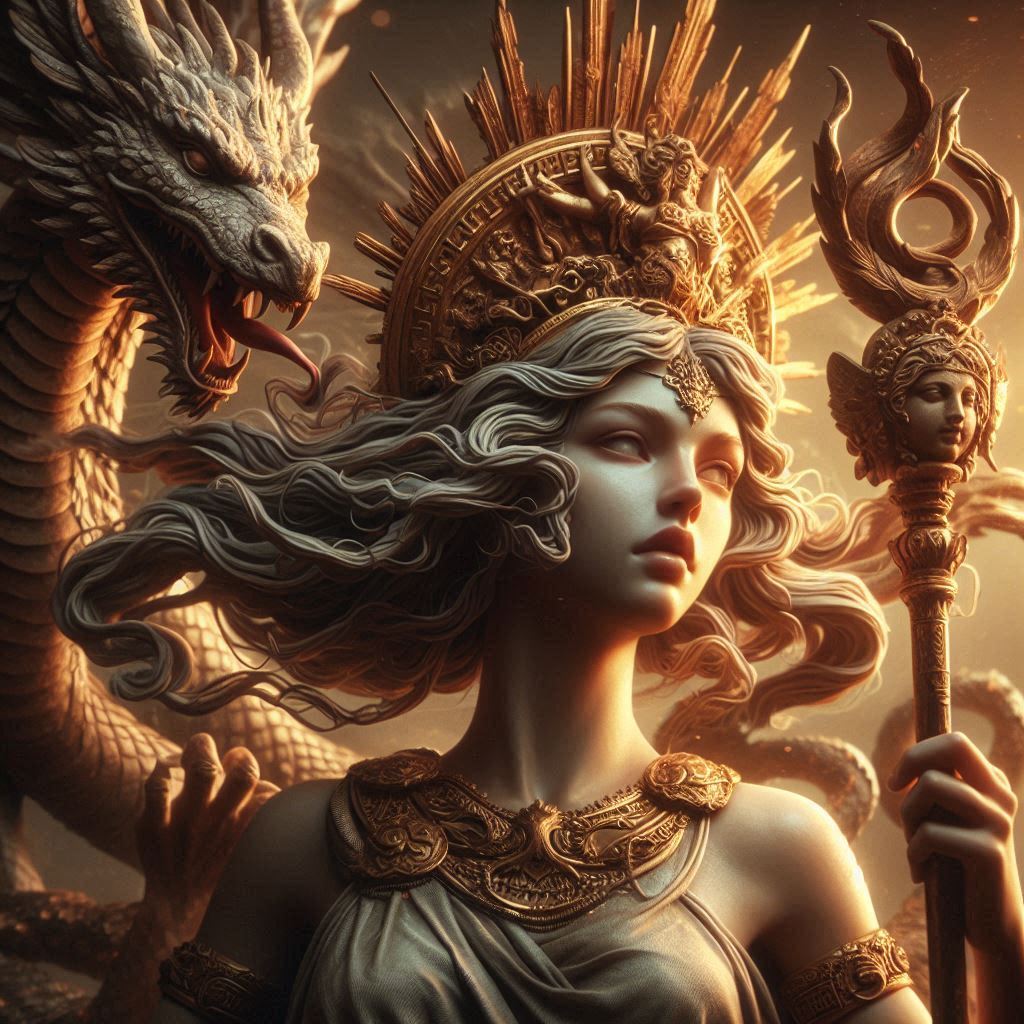Table of Contents
French Poetry in the 19th Century: An Era of Transformation and Innovation
The 19th century marked an unprecedented transformation in French poetry, echoing the social, political, and philosophical shifts that defined the age. Poetry evolved from the structured elegance of classical forms to the emotional depth and symbolism that came to characterize modern literature. French poets navigated changing intellectual landscapes, grappling with revolution, romantic idealism, and existential contemplation, all of which fueled a profound shift in the nature of their work. This essay explores three major movements of 19th-century French poetry—Romanticism, Parnassianism, and Symbolism—alongside key poets who revolutionized poetic expression.

The Birth of Romanticism: Emotion, Individualism, and Nature
Romanticism arose as a reaction against the rationalism and structure that characterized 18th-century literature. The French Revolution of 1789 had shaken the foundations of the French social and political order, leading poets to explore themes of freedom, individualism, and passion. This movement emphasized subjective experience, intense emotions, and a reverence for nature, rebelling against the restraint and clarity that defined earlier poetic forms.
One of Romanticism’s most influential figures was Alphonse de Lamartine, whose Méditations poétiques (1820) is considered the first major work of French Romantic poetry. Lamartine’s verses expressed a longing for beauty and spiritual meaning, capturing the Romantic ethos of melancholy and transcendence. His poetry embraced nature as a refuge from the turmoil of urban life, and his imagery was suffused with existential questions about human purpose and destiny.
Victor Hugo, another giant of the Romantic movement, brought a powerful social consciousness to his work. Known for his dramatic and impassioned verse, Hugo’s poetry often expressed empathy for the oppressed and called for social reform. In collections like Les Châtiments (1853), Hugo used his poetry as a political weapon, condemning tyranny and oppression with unmatched fervor. Romanticism, in this way, laid the groundwork for French poetry as a platform for both personal expression and social critique.
Parnassianism: Art for Art’s Sake and the Pursuit of Perfection
As Romanticism waned in the mid-19th century, a new generation of poets sought to distance themselves from its intense subjectivity and emotion. The Parnassians, led by poets like Théophile Gautier and Leconte de Lisle, embraced an aesthetic idealism characterized by detachment, formality, and precision. They believed in “l’art pour l’art” or “art for art’s sake,” viewing poetry as an autonomous art form that should not be beholden to personal or political agendas.
Parnassian poetry emphasized technical skill, often employing strict structures such as the sonnet and elaborate, polished language. Gautier’s poem Émaux et camées (1852) exemplifies this approach, presenting images as if they were visual artifacts—precise, beautiful, and emotionally distant. The Parnassians saw beauty as an ideal to be pursued with almost scientific rigor, seeking the perfection of form over the expression of feeling. This period marked a crucial evolution, focusing poetry on craftsmanship and laying the groundwork for the stylistic rigor seen in later movements.
Symbolism: The Language of Mystery and the Inner World
The Symbolist movement emerged in the late 19th century as a reaction against both Romanticism’s emotional fervor and Parnassianism’s objectivity. Symbolists sought to delve into the abstract and the mysterious, using symbols and metaphors to express the ineffable aspects of human experience—dreams, desires, and inner truths that transcended rational understanding. Symbolism marked a shift toward introspection, embracing themes of mysticism, spirituality, and the subconscious.
Charles Baudelaire is often credited as the father of Symbolism. His seminal work, Les Fleurs du mal (1857), shocked society with its exploration of decadence, eroticism, and existential anguish. Baudelaire’s poems convey the complexity of urban experience, presenting Paris as a paradoxical space of both beauty and decay. Through his symbols and synesthetic language, Baudelaire transformed poetry into a medium that could evoke feelings of estrangement, unease, and longing for transcendence.
The Symbolist movement reached its zenith with poets like Stéphane Mallarmé and Paul Verlaine, who pursued an even more abstract form of poetic expression. Mallarmé, for instance, viewed poetry as a form of art that should transcend meaning and engage with the mystery of existence itself. His work is often opaque, emphasizing the musicality of words over literal understanding. Verlaine, in poems like Romances sans paroles (1874), perfected the use of musicality, allowing the sound of the words to evoke emotion more powerfully than their literal meaning.
Influence and Legacy of 19th-Century French Poetry
French poetry of the 19th century had a profound impact on literature globally, reshaping the purpose and style of poetic expression. The shift from Romanticism’s emotive power to Symbolism’s exploration of abstraction and ambiguity marked a journey toward modernism, influencing 20th-century writers such as T.S. Eliot and Ezra Pound. The Symbolists, in particular, paved the way for Surrealism and other avant-garde movements by pushing poetry into the realm of the unconscious and the mystical.
The era’s legacy endures in the emphasis on ambiguity, symbol, and inner experience that defines much of modern poetry. In the hands of 19th-century French poets, poetry evolved from a form of storytelling into a medium for philosophical exploration, where structure, sound, and imagery were intertwined to probe the human psyche.
Conclusion
The 19th century was a period of revolutionary change for French poetry, with each movement contributing to a deepening and broadening of the art form’s possibilities. From the impassioned voices of Romanticism to the detached beauty of Parnassianism, and finally to the abstract introspection of Symbolism, French poets of this period transformed poetry into a space where existential, social, and aesthetic questions could all coexist.
This era set the stage for modern poetry by demonstrating that poetry could be not only a vehicle for personal and political expression but also an art form devoted to the exploration of the soul and the mystery of existence. Through their innovations, 19th-century French poets left a legacy of profound philosophical and aesthetic inquiry that continues to resonate with readers and writers today.


No responses yet